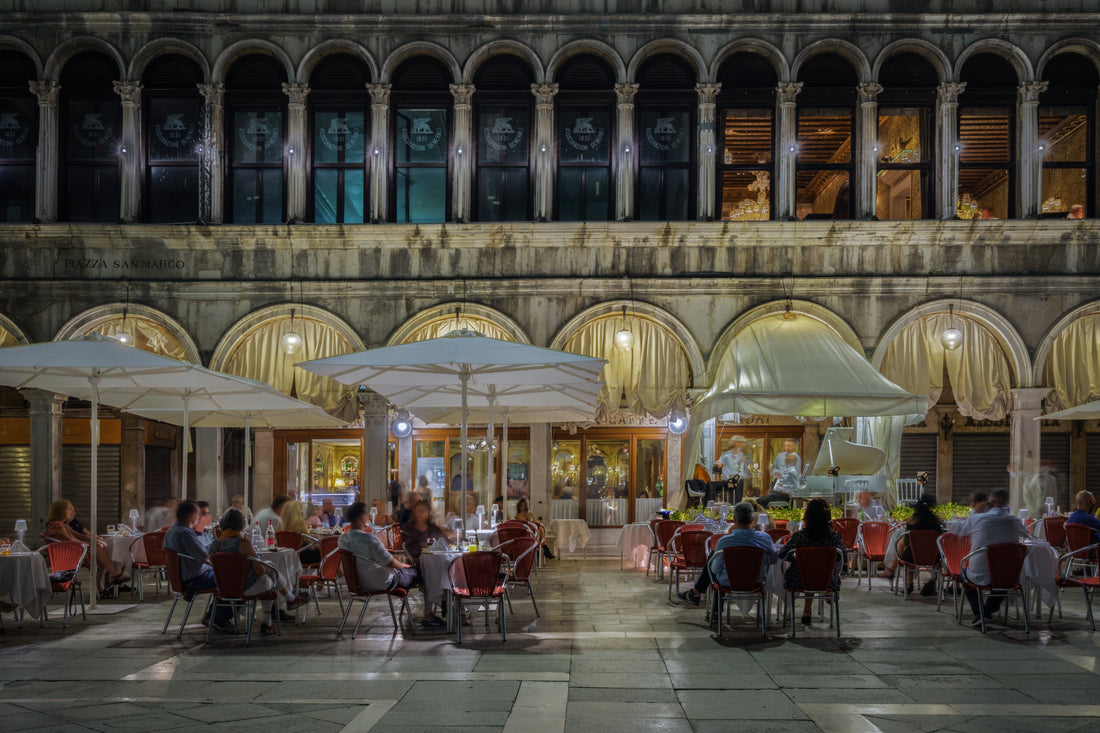Reading material
The origins of coffee and coffee culture around the world

Coffee is one of the world's most beloved beverages. Its history is very old, and there are several theories about its origins. Coffee is also consumed and enjoyed in a wide variety of ways depending on the country or region, and is deeply connected to each country's culture and customs. In this article, we will introduce a wide range of information, from the birth of coffee to the unique coffee cultures of various parts of the world.
The origins of coffee

Ethiopian origin
The most well-known theory about the origin of coffee is that it originated in Ethiopia. According to legend, around the 9th century, a goatherd boy named Kalidi who lived in the Ethiopian highlands saw his goats eating red berries and prancing around energetically, and realized the power of the berries. These berries were what would later become coffee cherries.
Kalidi brought the berries back to a nearby monastery, where the monks reportedly drank them, finding that they were less drowsy and more focused during their evening prayers. This incident is thought to be the first sign of coffee being used as a beverage .
Developments in the Arabian Peninsula
Coffee then spread from Ethiopia across the Red Sea to the Arabian Peninsula. By the 15th century, it was being cultivated extensively in Yemen and was being consumed during religious ceremonies. It is said that Sufis at the time drank coffee to prevent drowsiness during all-night prayers .
In the 16th century, coffee spread to Turkey and Egypt, which were under the control of the Ottoman Empire, and many "coffee houses" appeared in Istanbul. These places served as forums for discussion of politics, culture, and art, and became centers of interaction between intellectuals and citizens.
Spread to Europe and America

In the 17th century, coffee spread to European countries. Cafe culture developed rapidly in Italy, France, and England, and coffee houses known as "penny universities" were born. Here, people could gain knowledge and information at low prices, and coffee served as a "catalyst of knowledge."
From the 18th century onwards, coffee was introduced to the Americas, and plantations expanded in South America and the Caribbean. Brazil and Colombia in particular established themselves as the world's leading coffee producing countries. These countries continue to play an important role in the global market today.
Coffee Culture Around the World

Ethiopia: Traditional Coffee Ceremony
In Ethiopia, coffee is more than just a drink; it symbolizes the importance of human connections . In the traditional "coffee ceremony," green beans are roasted over an open flame, ground in a mortar, and then boiled in a special pot called "javana." The coffee is then served in three cups, each with its own meaning. This ritual has been passed down as a time to deepen bonds between family and guests.
Türkiye: Coffee and Fortune Telling Culture
In Turkey, a brewing method known as "Turkish coffee" has been popular for many years. It is made by boiling finely ground beans with water and sugar, and because it is not filtered, the coffee has a rich flavor and the grounds remain at the bottom of the cup . "Far," a fortune-telling method based on the shape of the grounds, is also popular as a conversation starter.
Italy: Land of Espresso
In Italy, espresso is a part of everyday life. In establishments called bars, it is common to enjoy an espresso while standing in a short space of time. There are also drinking etiquette rules, such as drinking a cappuccino in the morning and an espresso in the afternoon . Espresso is deeply rooted in the life and rhythm of Italians.
America: Freestyle and Diversity
In America, drip coffee poured into a large mug is the norm, and there is a lot of freedom in how it is drunk and in the flavors it offers. You can enjoy different flavors to suit your taste, such as hazelnut, caramel, or cinnamon, and it is also common for cafes to have a self-service style where you can adjust the milk and sweetness to your liking.
Furthermore, in recent years, there has been an increase in specialty coffees made by local roasters and products made with organic beans, and interest in health and sustainability is also growing.
Japan: Coffee Shops and Artisanal Brewing
Japan has a deep-rooted "coffee shop culture" where people can relax in peace and quiet. In particular, laborious brewing methods such as flannel drip and siphon are beloved, and many people visit in search of a cup that showcases the artisan's skill. In recent years, it has become easy to enjoy authentic coffee at convenience stores, and coffee has become an integral part of everyday life.
summary
Coffee began as a chance discovery in Ethiopia and spread to Arabia, Europe, America, and Japan, becoming a beloved drink rooted in the cultures of each region . The story of coffee, which has evolved while being closely integrated into the history and lifestyles of each region, goes beyond being just a drink.
Even your daily cup of coffee is filled with a long history and the thoughts of the people who drink it. Why not try tasting coffee cultures from around the world and find your own favorite style?